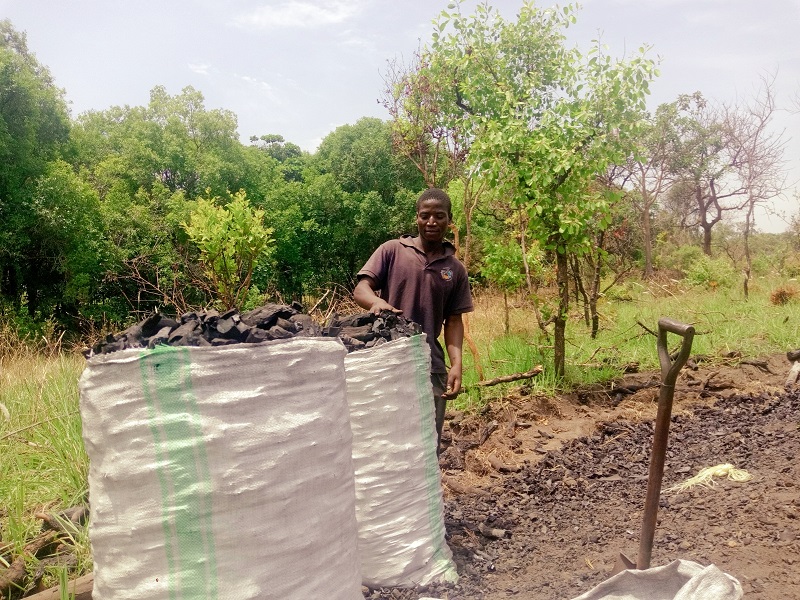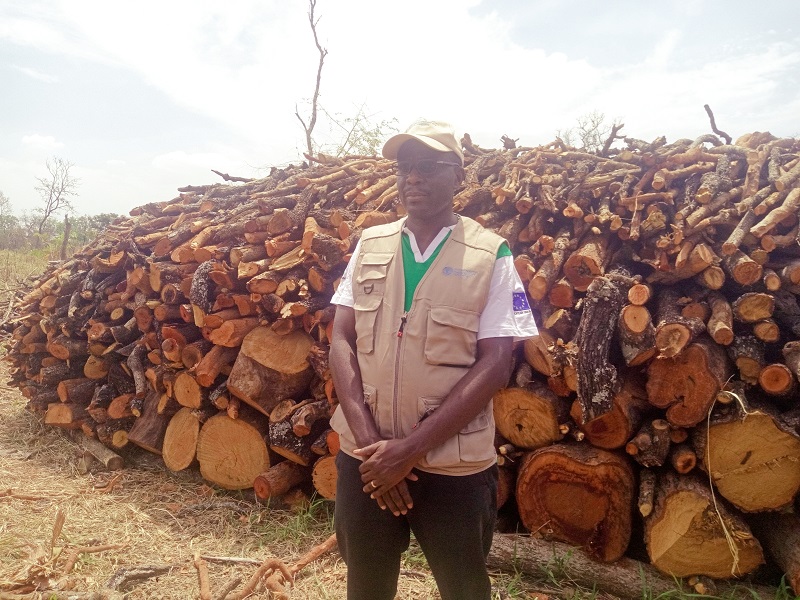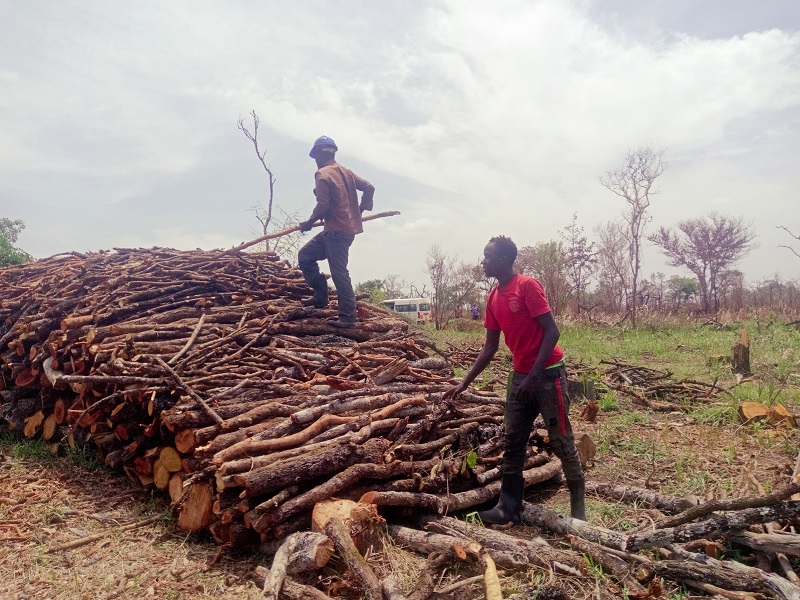
ADJUMANI – Uganda is a victim of climate susceptibility to flood and drought events which have lately had a negative socio-economic impact.
A study carried out in 2008 showed that human-induced climate change was likely to increase average temperatures in Uganda by up to 1.5 ºC in the next 20 years and by up to 4.3 ºC by the 2080s. Changes in rainfall patterns and total annual rainfall amounts are also expected but less certain than changes in temperature.
Experts say the increased destruction of forests and swamps is likely to result into changes in the frequency or severity of extreme climate events, such as heatwaves, droughts, floods and storms.
Under their project, Forest Management and Sustainable Charcoal Value Chain in Uganda, Food and Agriculture Organisation of the United Nations (FAO) with the funding from the European Union (EU) has come out to forge a solution aimed at reducing the number of trees cut to produce charcoal.
Being executed basically in fourteen districts of Uganda, the project is intended at the restoration of degraded woodlands, the establishment of plantations for wood fuel and support to the adaption of improved charcoal production technologies.
According to FAO, in the short to medium term, charcoal will play a significant role in meeting the energy needs of Uganda’s growing population, during clean energy alternatives.
Mr. Vallance Turyamureba, a program assistant in charge of plantation development, at FAO said that compared to other forms of traditional biomass energy like firewood, crop residues among others, charcoal, is the most preferred especially by the urban dwellers, more efficient and with higher energy content per unit of weight.

FAO insists that while the long-term solution is to promote affordable alternative sources of energy, it is equally critical to ensure, in parallel, efficient sustainable production of charcoal during the transition period to cleaner energy alternatives.
“The overall objective of the project is to mitigate negative environmental, social and economic impacts resulting from charcoal production. You have seen that different woodlands are being harvested for charcoal but there is no plan. So we are trying to come in to ensure that those woodlands that have not been harvested yet, the owners are able to harvest them following a technical plan,” Turyamureba told the press during a field tour in Adjumani on Monday, February 28.
“There will be improved charcoal conversion technologies. We know that most of these districts that we are targeting, people are using traditional earth kilns to make charcoal. That method is outdated and wasteful.”
“By coming up with improved charcoal kilns like the use of Casamance kilns, we are able to push the recovery percentage to about 25-30 % compared to traditional earth-mound kilns that can give a recovery of 12_15%,” he revealed.
Also, the expert revealed that those traditional conversional technologies are associated with high greenhouse emissions, saying that bringing these better technologies is in one way or another trying to reduce the amount of greenhouse gases that go into the atmosphere.
Turyamureba revealed that FAO is committed to promoting charcoal farming where they shall be able to support landowners to establish dedicated wood energy plantations.
“We have those plantations that are specifically for charcoal production because we all know that the charcoal demand is actually high and the medium to short term it will continue to be high because you know the population is increasing, there is rapid urbanisation and people prefer charcoal as a source of energy.”
Nyanja Gerald, a Kyegegwa district resident charcoal burner in Adjumani revealed that he uses the traditional method because it’s the one he knows “and for me, it is better.”
Nyanja, who was preparing his produce revealed that the traditional method is too demanding and tiresome “because one heap takes about even a month.”
“But if you’re going to bring that better method, I’m ready to adapt. I want to know its benefits,” he said.

Mr. Turyamureba also revealed that the forest management and sustainable charcoal value chain is a gender-inclusive project.
“Traditionally, the involvement of women into forest management has been very low. So the charcoal project is taking a deliberate action actually to bring onboard women into the charcoal production value chain.”
Mr. Kaijuka Richard, the Vice-Chairman, Local Council Five Adjumani lauded the development partners, saying the project is timely because deforestation and cutting of trees for charcoal are rampant in Adjumani.
“You find people coming from all over the country to do charcoal business in Adjumani and also past Adjumani district. We now think the coming of this (charcoal) project, they will do a lot to make the forests which have been cut restored.”
Turyamureba revealed that the implementation modality for this project will mainly be through grants.
“Casamance kilns will be cost-shared between successful applicants and FAO because we want the beneficiaries to own these technologies. So if we give them free sometimes, they don’t own them properly.”





